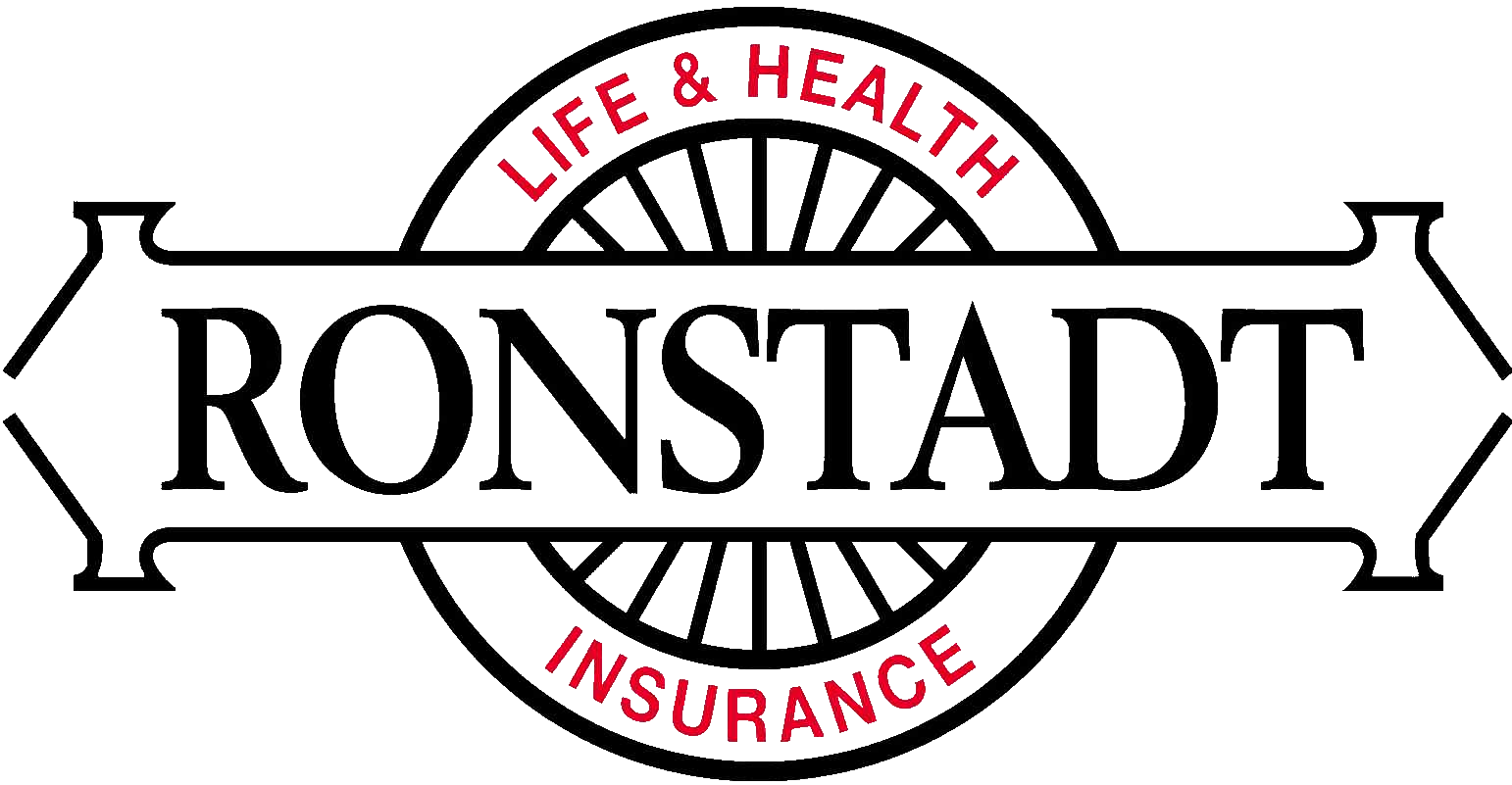Defining Essential Benefits: To What Extent?
Never before has America seen such a comprehensive set of insurance benefits included in insurance coverage (listed below). Yet, a main challenge for the Department of Health and Human Services (HHS) involves deciding how specific each benefit should be and whether insurers can impose limits on them.
- Ambulatory patient services
- Emergency services
- Hospitalization
- Laboratory services
- Maternity and newborn car
- Mental health and substance use disorder services, including behavioral heal treatment
- Pediatric services, including oral and vision care
- Prescription drugs
- Preventive and wellness services and chronic disease management
- Rehabilitative and habilitative services and devices
http://www.cms.gov/LegislativeUpdate/downloads/PPACA.pdf
From an equity standpoint, some medical associations recommend a very detailed package. The American Academy of Pediatrics, for example, testified that HSS should model children’s essential benefits after Medicaid’s Early Periodic Screening, Diagnosis and Treatment services and the Bright Futures guidelines for children’s health (Aston). This “would minimize state variation in benefits that children receive throughout the U.S.,” said Andre Racine, MD, PhD, a New York pediatrician speaking on behalf of the AAP.
A detailed package would also insure the coverage of other necessary forms of healthcare that might otherwise not be covered, for example reconstructive surgery. About 120,000 babies are born with birth defects annually, and 40,000 will need reconstructive surgery, said Robert X. Murphy Jr., MD, ASPS vice president of health policy and advocacy (Aston). “Although surgeons are able to correct many deformities, an increasing number of insurance companies have chosen to deny access by labeling these procedures as cosmetic and not functional in nature.”
On the other end of the debate, the employer community is urging HHS not to go into detail when establishing essential benefits in order to keep premiums affordable. “For every health product on the market, someone considers it a need and wants insurance to cover it,” said Jerry Malooley, on behalf of the U.S.Chamber of Commerce. If a person’s projected share of the insurance cost exceeds 8% of his or her household income, that person is exempt from individual mandate. By making benefit packages more generous, the cost will begin to exceed 8% of income and more people will be allowed to escape from the mandate, leading to fewer insured (Aston). To avoid pricing consumers out of coverage, employers argue that HHS should not be overly prescriptive in defining benefits (Aston).
Contact our company for further discussion. We would love to hear your opinion and provide further information.

















